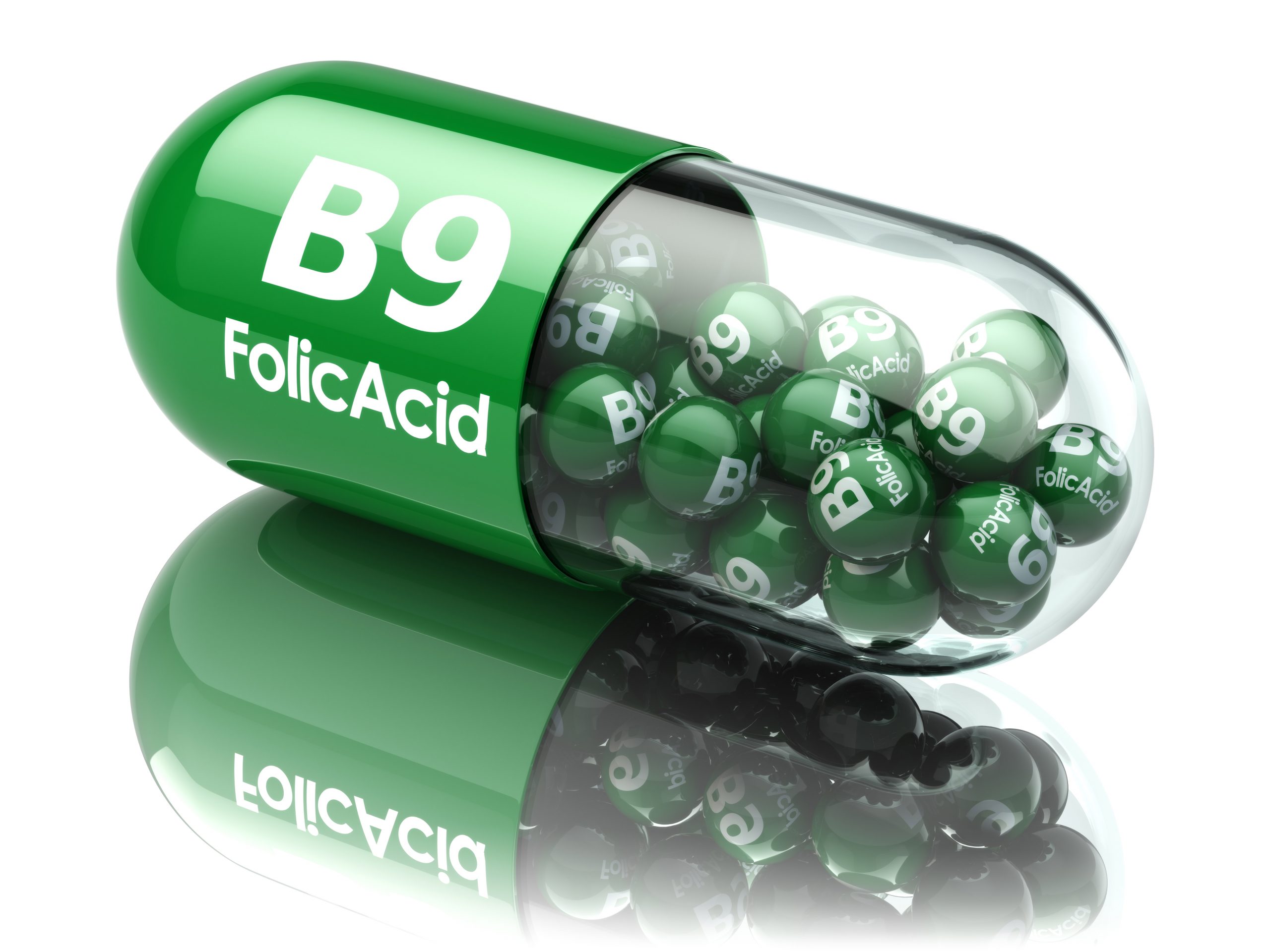What does folate have to do with a healthy mind?
As a water-soluble vitamin, it is essential for our health. The research found by the National Library of Medicine showed that both low folate and low vitamin B12 had been found in studies of depressive patients, and an association between depression and low levels of the two vitamins is found in studies of the general population. Furthermore, low folate levels have also shown to have a poor response to antidepressants, and treatment with folic acid has been shown to improve the response.

Across all age groups, folate is essential for brain health. Evidence suggests that folate absorbed through pregnancy is beneficial for the neurodevelopment and behavior of the baby. Vitamin B9 and other B-vitamins have improved cognitive health in aging. Some of the most important roles of folate are its essential functions in creating DNA and RNA, the building of neurotransmitters, and the creation of the nervous system during pregnancy. Folate has also been linked to slowing the progression of age-related memory and cognitive digression.
Along with all the positive brain benefits folate provides, there are also overall health benefits. Vitamin B9 is found to protect against some cancers, build muscle and most importantly, assist in producing red and white blood cells. You can find folate in dark leafy greens, beans, whole grains and eggs. There are also supplement forms that you can find at many stores.

With all these benefits and sources of folate, do keep in mind that there is a possibility of deficiency. Some signs to watch for are a reduced sense of taste, diarrhea, muscle weakness, depression, numbness and tingling in the hands and feet. The recommended intake of folate is 400 micrograms per day. Pregnant or lactating women are required to consume 600 micrograms.
With the amount of research, it is important to intake our amount of folate daily. Choose good clean food sources of folate before reaching for the supplements. All nutrients are essential to maintaining overall health, but folate plays a role in many vital functions and its effects on the brain are exceptionally beneficial.



